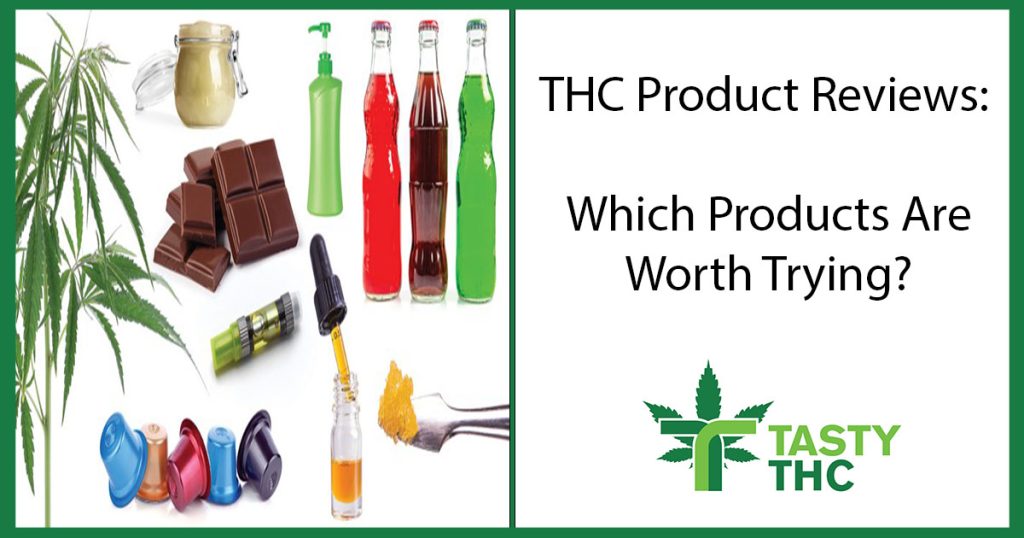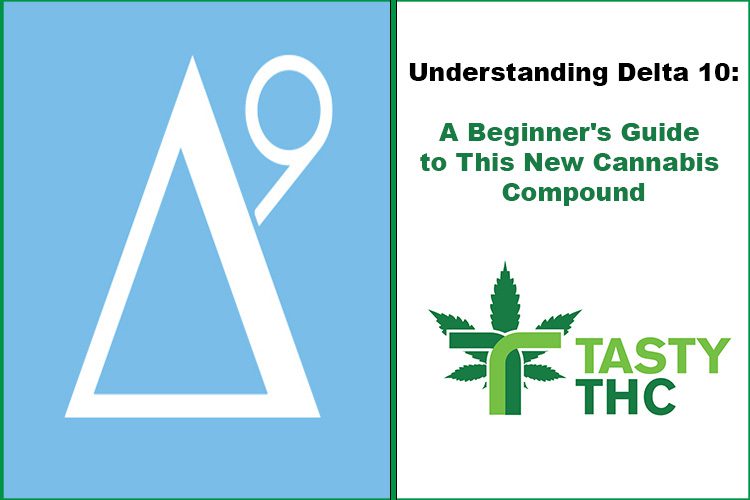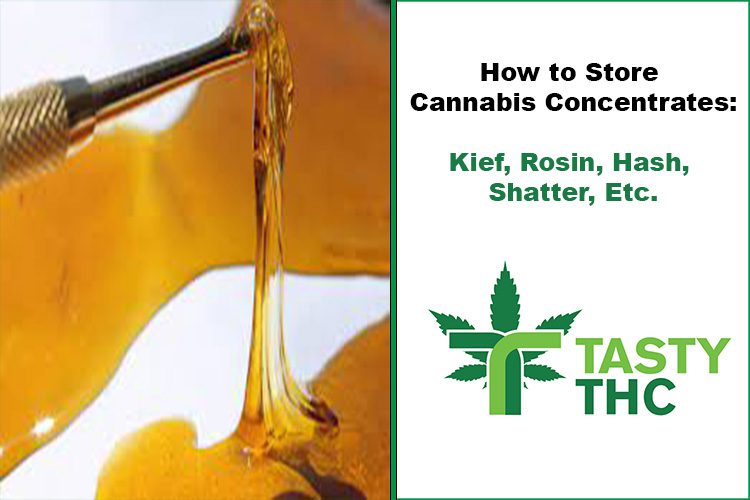| Outline of the Article |
|---|
| THC Product Reviews: Which Products Are Worth Trying? |
| Introduction to THC Edibles |
| Gummies |
| Chocolates |
| Beverages |
| Baked Goods |
| THC-Infused Cooking Ingredients |
| Oils and Tinctures |
| Butter and Margarine |
| Infused Sugars and Sweeteners |
| Understanding Potency |
| THC Dosages |
| Calculating Potency |
| Safe Consumption Tips |
| Start Low and Go Slow |
| Don’t Mix with Alcohol |
| Be Patient |
| Conclusion |
| FAQs |
THC Product Reviews: Which Products Are Worth Trying?
Introduction to THC Edibles
As more and more states legalize recreational marijuana, there is a growing interest in the world of THC edibles. These tasty treats provide a discreet, delicious, and enjoyable way to consume cannabis. Let’s dive into the world of THC-infused gummies, chocolates, beverages, baked goods, and even cooking ingredients!
Gummies
Gummies are an incredibly popular THC edible, and it’s easy to see why. They’re portable, discreet, and come in a variety of flavors and potencies. When choosing the right THC gummy for you, look for reputable brands that use high-quality, organic ingredients, and provide lab-tested dosages.
Chocolates
THC-infused chocolates are perfect for the sweet-toothed cannabis enthusiast. Look for bars or truffles made from high-quality chocolate and natural ingredients. As with gummies, make sure to choose products with accurate and consistent dosages to avoid consuming too much THC.
Beverages
From soda to tea, THC-infused beverages offer an innovative and refreshing way to consume cannabis. Some popular options include infused teas, coffees, and even mocktails. Remember that, as with all edibles, it can take longer for the effects to kick in when consuming THC beverages.
Baked Goods
Brownies, cookies, and other baked goods have been a classic choice for THC edibles for decades. These days, you can find creative options like THC-infused donuts, pastries, and even pizza. Just be sure to watch your portions, as it can be easy to consume too much THC in baked goods.
THC-Infused Cooking Ingredients
Ready to get creative in the kitchen? You can find a variety of THC-infused ingredients that allow you to cook your own delicious and potent edibles.
Oils and Tinctures
THC-infused oils and tinctures are a versatile way to incorporate THC into your cooking. They can be used in salad dressings, sauces, and even as a finishing drizzle on your favorite dishes. Just be cautious with dosing to ensure a pleasant experience.
Butter and Margarine
Using THC-infused butter or margarine, you can create your own baked goods and savory dishes. Be sure to accurately measure the THC content in your homemade creations, as it can be easy to create overly potent treats.
Infused Sugars and Sweeteners
Want to sweeten up your morning coffee or afternoon tea? THC-infused sugars and sweeteners are a perfect choice for adding a touch of cannabis to your favorite beverages or recipes. They come in various forms, such as honey, agave, and granulated sugar, so you can pick the one that suits your tastes.
Understanding Potency
When trying THC edibles, it’s essential to understand potency and how it affects your experience.
THC Dosages
Dosages in THC edibles are measured in milligrams (mg) of THC. For beginners, it’s recommended to start with a low dose of around 2.5 to 5 mg. More experienced users may prefer doses of 10 mg or higher, while heavy users may require doses of 20 mg or more. Keep in mind that everyone’s tolerance varies, so listen to your body and adjust your dosage accordingly.
Calculating Potency
To calculate the potency of a THC edible, you need to know the total amount of THC in the product and the number of servings. For example, if a chocolate bar contains 100 mg of THC and has 10 servings, each serving will have 10 mg of THC. Always read product labels carefully and be mindful of the recommended serving size.
Safe Consumption Tips
To ensure a positive and enjoyable experience with THC edibles, follow these safe consumption tips:
Start Low and Go Slow
If you’re new to THC edibles, start with a low dose and give your body time to adjust. It can take anywhere from 30 minutes to 2 hours for the effects to kick in, so don’t consume more before the initial dose has had time to take effect.
Don’t Mix with Alcohol
Mixing THC edibles with alcohol can lead to unpredictable effects and increase the risk of overconsumption. It’s best to avoid alcohol when trying THC edibles, especially if you’re a beginner.
Be Patient
THC edibles can take longer to take effect than smoking or vaping cannabis. It’s important to be patient and give the edible time to work before consuming more. Overconsumption can lead to uncomfortable side effects and a negative experience.
Conclusion
From gummies to infused cooking ingredients, there is a world of tasty THC products worth trying. Always pay attention to potency, choose reputable brands, and follow safe consumption guidelines to ensure a positive experience. Happy exploring!
FAQs
- How long does it take for THC edibles to kick in?
It can take anywhere from 30 minutes to 2 hours for the effects of THC edibles to kick in, depending on factors like metabolism, body weight, and the type of edible consumed.
- Can I make my own THC edibles?
Yes, you can make your own THC edibles using infused cooking ingredients like oils, butter, and sweeteners. Just be sure to accurately measure the THC content and dosage in your homemade creations.
- Are there any risks associated with consuming THC edibles?
As with any form of cannabis consumption, there are risks associated with THC edibles, such as overconsumption, which can lead to uncomfortable side effects. Always start with a low dose and be patient before consuming more.
- Do THC edibles have an expiration date?
Like any food product, THC edibles can go bad over time. Always check the expiration date on the packaging and store your edibles in a cool, dry place to prolong their shelf life.
- Can I consume THC edibles if I’m pregnant or breastfeeding?
It’s not recommended to consume THC edibles while pregnant or breastfeeding, as THC can pass through the placenta and breast milk, potentially affecting your baby. Consult your healthcare provider for more information.



